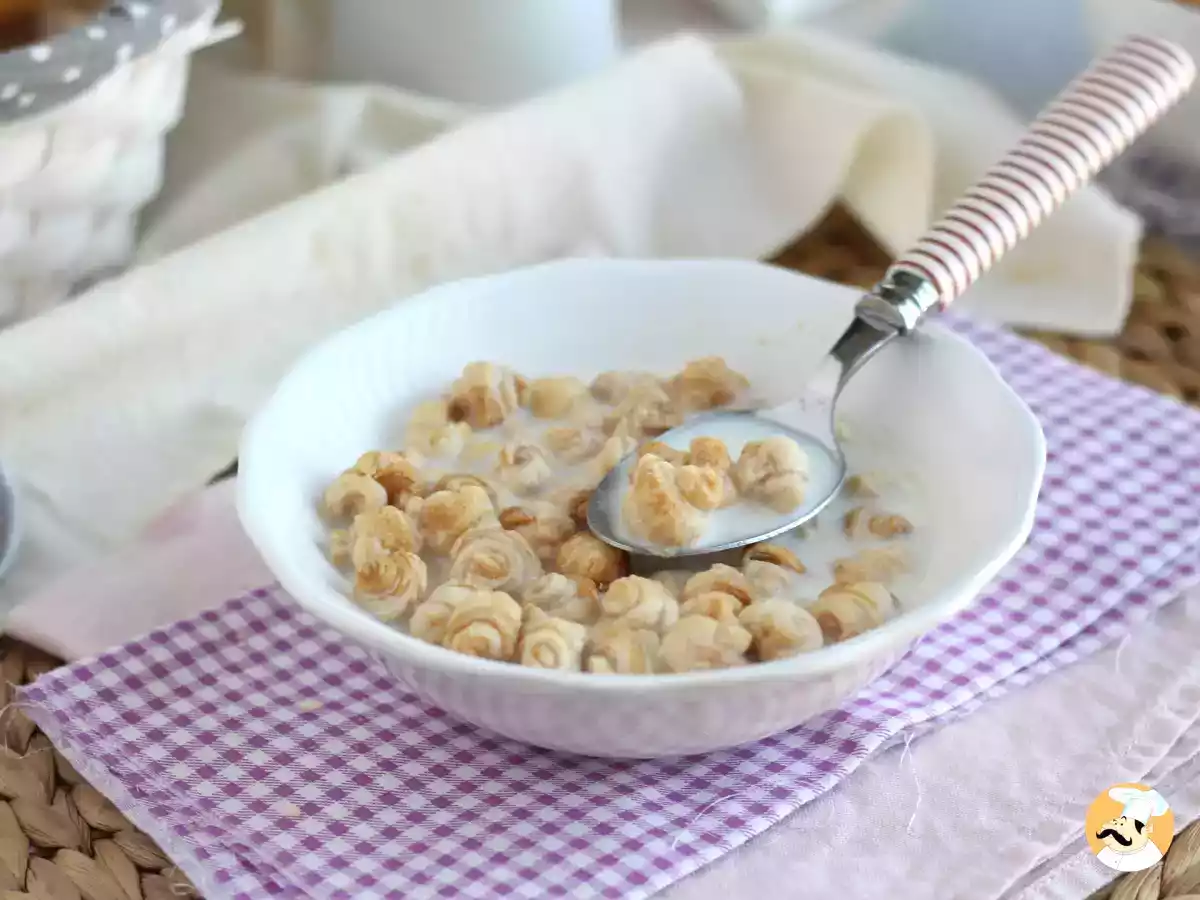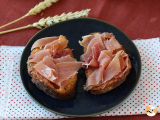The breakfast myth: is it really the most important meal?

Breakfast has long been touted as "the most important meal of the day". However, this idea may not be as scientifically sound as we think...
A marketing origin, yes!
The belief that breakfast is essential dates back mainly to the 1970s. This era saw the rise of advertisements, notably those for the Kellogg's brand, which promoted cereals as a key element of a healthy diet. The famous tiger Tony, emblem of Frosties, told children that a bowl of cereal was necessary to get the day off to a good start.
However, these messages, backed by seemingly serious studies, were often funded by the cereal manufacturers themselves, making their results biased. According to sources such as Vox, these studies were based more on observations than proven causal links between breakfast consumption and better health.
Lack of clear scientific evidence
According to a synthesis of thirteen studies published by the British Medical Journal, there is no solid evidence to show that eating breakfast promotes weight loss, nor that the absence of this meal leads to weight gain. In other words, the effects of breakfast on weight management have not been scientifically confirmed, contrary to what many advertising campaigns have led people to believe for years.
The composition of the meal is crucial
More than the importance of breakfast itself, what really counts is its composition. As University of Ottawa professor Yoni Freedhoff points out, what we eat in the morning can have a significant impact on our health. Unfortunately, many studies do not sufficiently distinguish balanced breakfasts, rich in protein, fiber and healthy fats, from processed and sugary options. In the USA, for example, breakfast often consists of muffins, pancakes, cereal bars and sweetened yoghurts, choices that are closer to desserts than to a healthy meal.
So should you skip breakfast?
Skipping breakfast has no proven negative health consequences for most people. However, this depends on individual metabolism, physical activity and nutritional needs. If you choose to eat breakfast, the important thing is to opt for nutritious, balanced foods, rather than turning to processed products rich in sugar.
You may be interested in:
 Adèle Peyches
Adèle Peyches


Comments